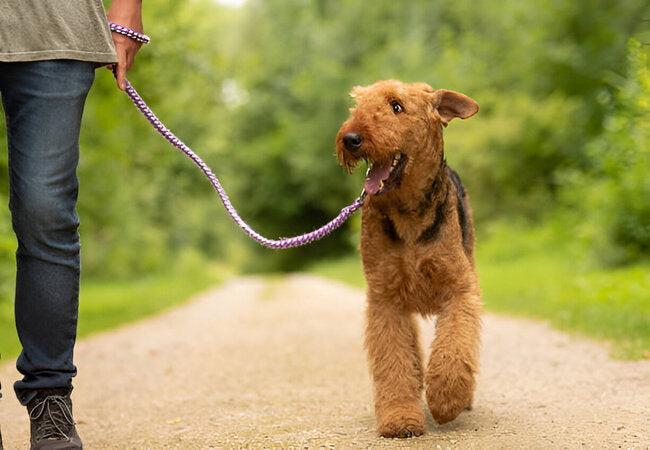2025 Vet Insight: How to Teach a Dog to Come—Vet‑Approved Recall Training 🐶🎯

In this article
2025 Vet Insight: How to Teach a Dog to Come—Vet‑Approved Recall Training 🐶
By Dr. Duncan Houston BVSc
Hello! I’m Dr Duncan Houston BVSc, veterinarian and founder of Ask A Vet. A reliable recall—your dog coming when called—can be lifesaving and deepens your bond. In this comprehensive 2025 vet insight, we cover how to teach recall (come/here) using proven, reward-based steps from indoors to off‑leash confidence.
1. Choose a Unique Recall Cue
- Pick a distinct word (“here,” “come,” “bacon!”) used only for recall—avoid your dog’s name or often-used words.
- Keep the cue short, upbeat, and consistent.
2. Begin Indoors in a Quiet Space
Start in a low-distraction room:
- Kneel at dog level, say your cue once in a happy voice; add kissing noises, whistles, or clapping if needed.
- When your dog comes, reward immediately with high-value treats and praise.
- Practice with a partner—alternating calls back and forth.
3. Turn Training into a Game
Play recall hide-and-seek:
- One person calls your dog, the other hides.
- Encourage (whistle, clap) so it feels fun and interactive.
- Reward with joy and treats for each successful find.
4. Prove the Behavior Outdoors
Once reliable inside, practice outdoors in your yard or enclosed space:
- Use a long training lead (6–20 ft), so you can reel them in if needed.
- Call randomly; reward with high-value treats—always make “come” rewarding.
5. Handle Distractions & Distance
- Start with mild distractions—household sounds, then outdoor noises.
- Reward more for recalls under challenging conditions.
- Tube it with life rewards: open gates, walks, or toy play only after recall.
6. Emergency Recall Tips
For off‑leash safety recall:
- Use a rarely-used special word like “bacon!”—only for emergencies.
- Reward them heavily when they respond to this word.
- Never use it negatively (e.g. for bath time); keep its meaning strong and positive.
7. Don’t Chase—Make Yourself Irresistible
Chasing can teach your dog to run from you. Instead:
- Stay calm, turn away, clap or whistle, or run gently away to arouse their chase instinct playfully.
- Reward with treats, praise, or fun.
8. Common Pitfalls & Solutions
- Not rewarding enough: Mix surprise recalls to maintain value.
- Ignoring calls: Go back to basics—low distraction and high reward.
- Chasing: Stop chasing; use playful baiting methods.
9. Building Recall into Everyday Life
Keep recall strong by:
- Praising for any response—partial or full—and gradually increasing criteria.
- Using life rewards and random games to embed recall across contexts.
- Occasional surprises reinforce consistency and joy.
10. FAQs on Recall ❓
- Q: My dog runs away when I call—why?
- A: They may see it as a game or aren’t sure what you want—avoid chasing and make yourself interesting.
- Q: Should I keep treats after perfecting recall?
- A: Transition to intermittent rewards—but don’t stop praising.
- Q: My senior dog is slow—what then?
- Adapt criteria—reward for walking toward you, even if slow, and use food or life rewards accordingly.
🔧 Ask A Vet Tools & Support 🛠️
- 📹 Upload recall training videos for expert feedback
- 🎓 Get tailored plans with games, life rewards, and proofing strategies
- 📋 Access recall strength tracker by location/distraction level
- 📈 Monitor progress and seamlessly troubleshoot issues
🩺 Final Vet Reflection
Recall is more than obedience—it’s trust, safety, and the fun of your dog choosing you. With a clear, rewarding process, recall becomes a joyful habit you both enjoy. If obstacles arise, Ask A Vet is here to support your training journey and strengthen your bond. 🐾❤️






